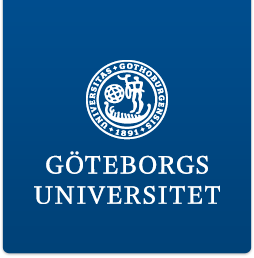GENA: abstract
| Författare: | Kopola, Nelli |
| Titel: | The construction of womanhood in Algeria: Moudjahidates, Aishah Radjul, women as others and other women |
| Abstract: |
Women in Algeria have through the ages been described and named in various guises. When women are constructed both for and by the male order, their selves and self-perceptions as well as the meaning of their actions are defined within that order largely without women's consent. Directing women's identities in accordance with a certain model carries with it corollary expectations both of acceptable and of forbidden acts. This thesis analyses how the state, through its officials and official structures, interprets and creates a model of womanhood for Algerian women. The analysis is based on laws, presidential speeches and official language as presented via a state controlled magazine, Revolution Africaine. The model of womanhood which emerges is seen to be dependent not only on gender roles but also on images of state and nationhood. Algerian women are presented and spoken of first and foremost as mothers of the nation. In contrast to the state's image of women, women's own ideas of womanhood are analysed. This is effected through an analysis of women's organised and collective acts going back in time to the inception of the state. In this analysis the difficulties faced by Algerian feminists are brought to light, both in terms of how they encounter resistance from those in power and also in terms of how many women resist feminism for its perceived dogmatism. The thesis then goes on to demonstrate how the term "participation" fails to capture women's acts as citizens, and develops instead "practice" as an action term through which women's lived identity and, therefore, conception of "womanhood" can be interpreted. "Practice" as a term of action captures the acts which belong to women's everyday lives. It can reveal a political will in acts which were not consciously chosen by individual women for their political content. The argument here is that women implicitly know which acts involve political consequence for them by the punishments they know they can incur. In such a way it becomes possible to bring into view the political nature and will entailed in choice of clothing and behaviour in public. Practice demonstrates how the lived identity of women goes farther than the state's model of womanhood and shows how women in women's groups share certain characteristics with Islamist women. The vision of active and powerful women does not lie very far from either camp. Yet, practice also shows that in daily life women belonging to different camps and ideologies do live different lives. Such differences appear to be based on the variations in their beliefs on women's independence as individuals and as family members. |
